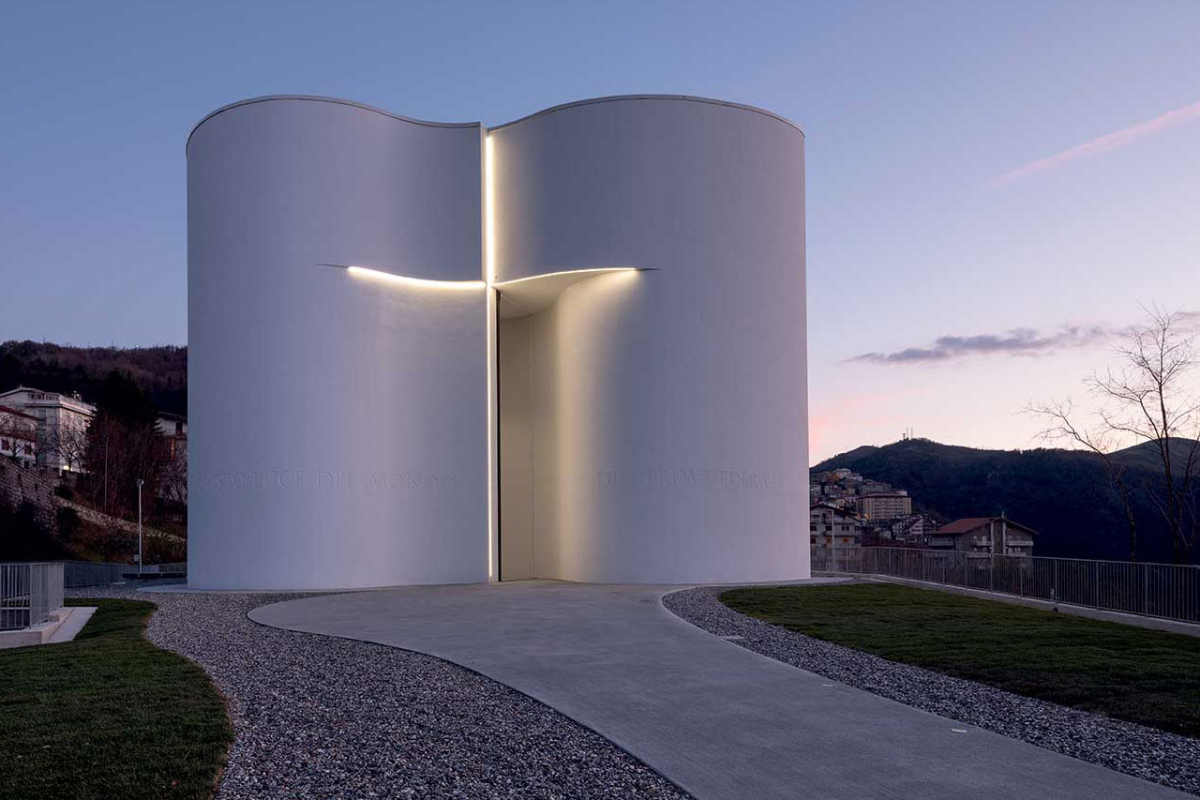
An architectural approach combining environmental strategy, energy efficiency and positive social impact to achieve the zero-carbon objective
World-renowned Italian architect and designer Mario Cucinella heads up specialist architectural design agency Studio MCA - Mario Cucinella. His unique approach, based on environmental strategy and energy efficiency, draws on the sustainability research of an in-house R&D department.
His work relies on cutting-edge research and technology and is at the vanguard of the climate battle. Graduating from the University of Genoa with a degree in architecture in 1986, Mario Cucinella worked with Renzo Piano in Genoa and Paris until 1992 when he founded MCA.
His studio conducts in-depth analysis in order to design buildings with a lower environmental impact, in line with Europe 2030 carbon targets and based on key principles:
- Mitigating and adapting to climate change
- A positive social impact: a human-centred architecture with users at its heart. Quality design that takes inspiration from people and their environment and celebrates their cultural identities.
- Projects that contribute to urban regeneration and transformation.
His commitment to sustainable design goes far beyond his own architectural projects and so, in 2015, he founded the SOS - School of Sustainability. The school trains recent graduates and emerging professionals in all aspects of sustainable architecture, from the materials used to urban-planning.
His stand-out projects include: In Italy the headquarters of M Italia and the surgical centre at San Raffaele Hospital in Milan; the Regional Agency for Environment and Energy (ARPAE) in Ferrare; the new Palazzo Comunale in Bologne; the Guastalla nursery, inspired by the belly of the whale in Pinocchio and the University of Valle d’Aosta. Major international projects include: the Centre for Sustainable Energy Technologies in Ningbo; the One Airport Square building in Accra and the new ARPT Postal and Telecommunications Authority headquarters and University Hospital Center in Algiers .
Case study of a ground-breaking project
As part of the Built Environment Virtual Pavillon for UN COP26 in Glasgow, the studio presented a prototype of an innovative 3D-printed sustainable home made entirely from local raw clay.
This project is Cucinella’s rallying cry and the public embodiment of his philosophy: the use of a conjunction of low-tech and high-tech techniques within a single project. Cucinella believes that by using modern technology to transform ancient materials we can shape the future. With its organic dome-shape, the TECLA house is reminiscent of the dwellings built by desert communities centuries ago.
The project also epitomises the positive social impact championed by the architect. His ambition is to offer a solution to the crisis of communities displaced by natural emergencies and disasters. Its design is based on two key principles: that it can be built quickly and that it is habitable almost immediately.
Located in Massa Lombarda (Ravenna, Italy), TECLA has become a reality thanks to the eco-sustainability research of the SOS - School of Sustainability, the pioneering research of Mario Cucinella Architects and WASP collaborative 3D printing technology.
The TECLA produces almost no carbon emissions and less waste due to its envelope and the use of locally-sourced materials.
TECLA
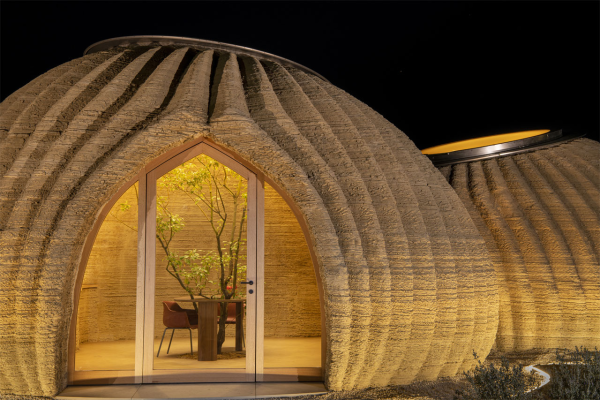
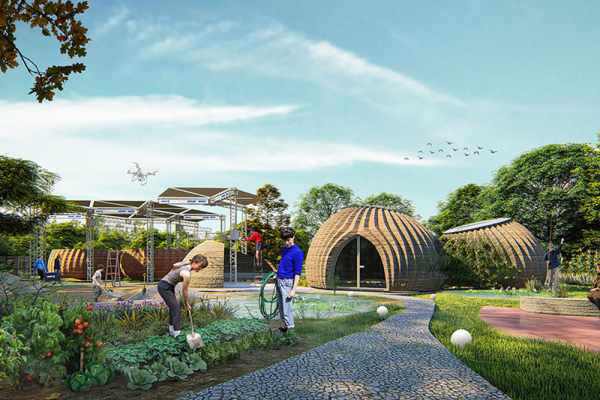
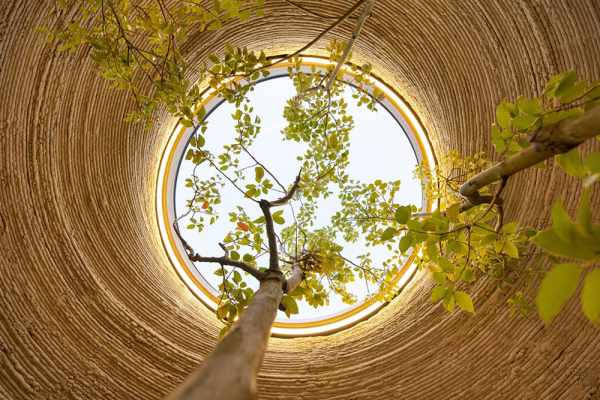
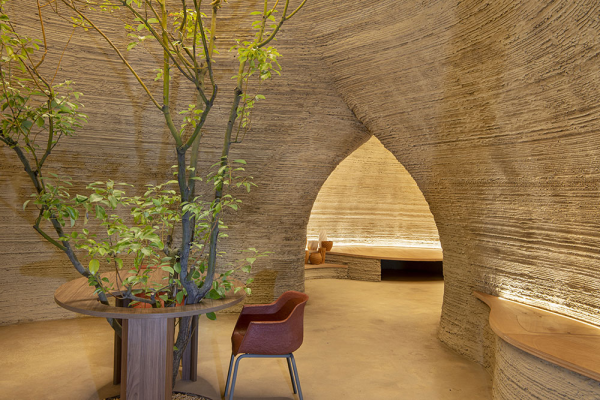
Iperceramica Headquarters
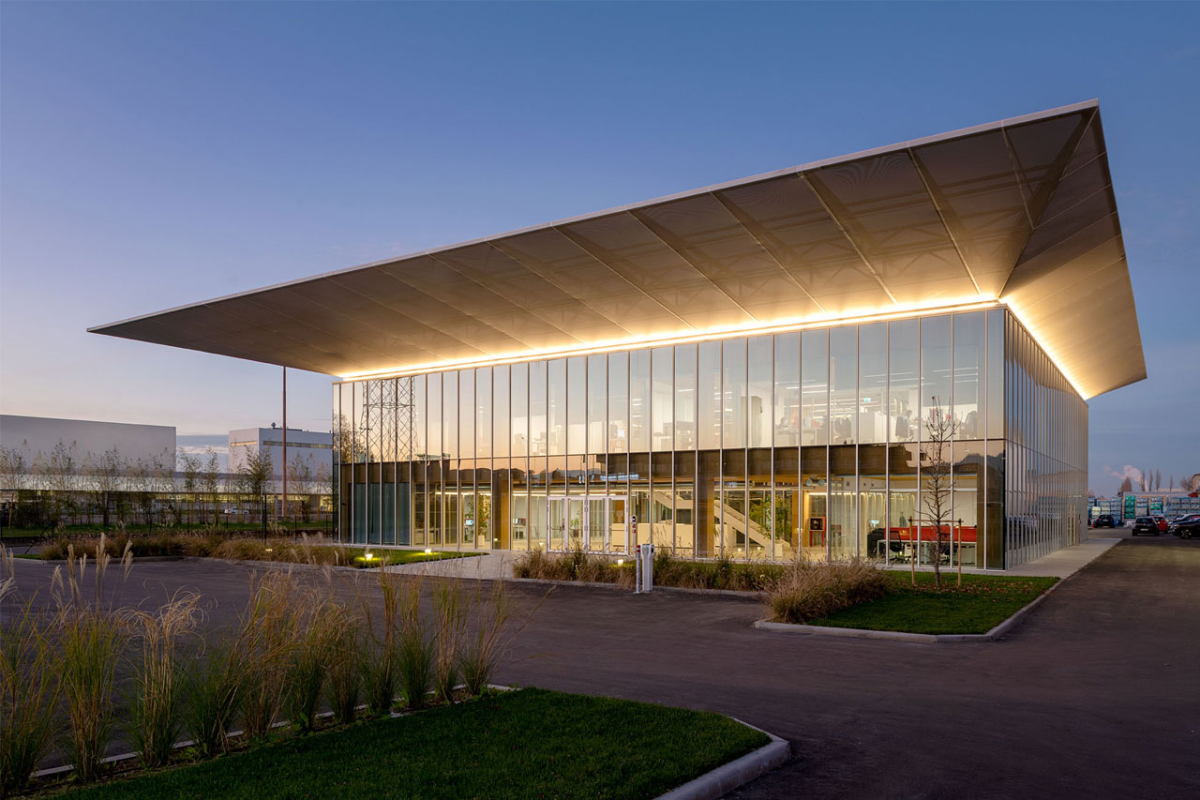
One Airport Square
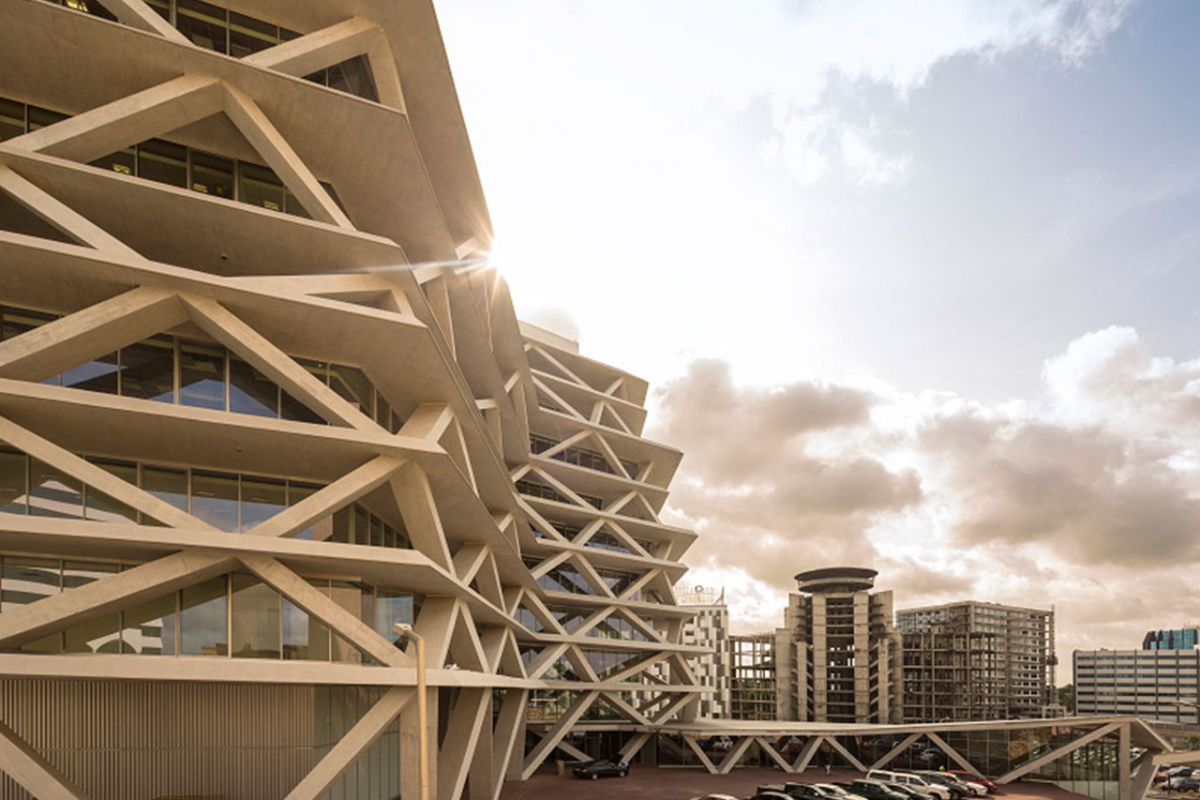
Santa Maria Goretti Church
